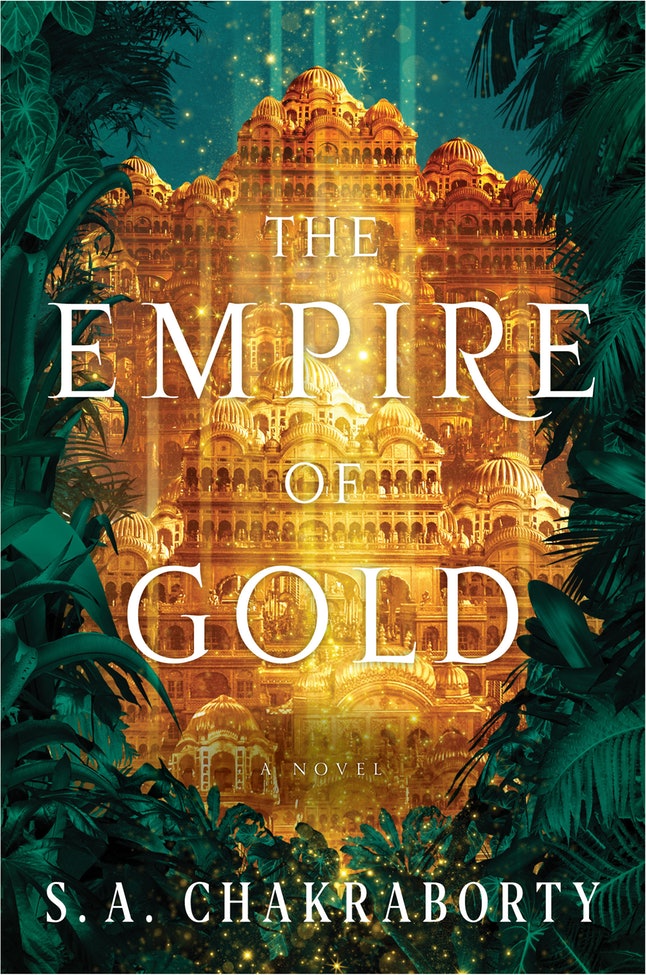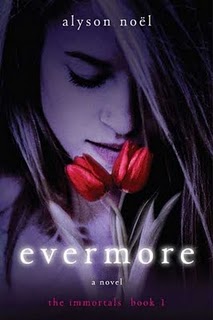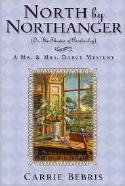This review contains affiliate links, which earn me a small commission when you click and purchase, at no extra cost to you. Thank you for supporting my small business and allowing me to continue providing you a reliable resource for clean book ratings.
The mighty city of Daevabad has fallen. A brutal conquest has stripped the city of its magic, leaving Manizheh and her commander, Dara, to repair their fraying alliance and stabilize a warring people.
But the shedding of so much blood and the loss of his beloved, Nahri, have unleashed the demons of his dark past on Dara. If he hopes to move on and truly aid his people, he’ll have to face the ugly truth about his history.
Meanwhile, having narrowly escaped Daevabad with their lives, Nahri and Ali hide themselves in Cairo. Though years have passed, Nahri finds peace in the familiar streets of her old home, and, though she longs to stay there — hidden within the human city — she remains haunted by the knowledge of the loved ones she left behind. Once, she was considered a savior to the people of Daevabad — a people she has left to the mercy of a new tyrant.
Despite Nahri’s misgivings, Ali is desperate to return to rescue his city and his remaining family there. When he seeks support in his mother’s homeland, though, he discovers his connection to the marid goes far deeper than he expected. It threatens more than just his relationship with Nahri.
For Daevabad, peace is fragile and elusive. If Nahri, Ali and Dara hope to remake and free their world, they’ll have to fight those they once loved and take a stand for those they once hurt.
The Daevabad Trilogy comes to an epic conclusion in Empire of Gold. As has become expected for this series, the author further fleshes out the world, showing readers a glimpse beyond the city of Daevabad (though the city is still the focus of the story) and proving that even the side characters are heroes in their own right.
As with the other books, however, I still found myself largely confused and was forced to bounce my thoughts off my reading buddy in an attempt to make sense of the world and situations. I found the mythology surrounding the marid especially confusing. Even the characters’ interactions with them felt odd and caused me to withdraw from the story.
However, this is a solid debut trilogy for anyone interested in deep lore, mythology and stories with a darker tone. My favorite part by far was the ending — which proved to be the perfect mix of melancholy sadness and a guarded hopefulness for the characters’ futures.
Rated: High. There are 8 uses of strong language and around 40 uses of mild language. As with the rest of the series, violence is high, describing an event where at least 1,000 innocent women and children are murdered (by a key character). Aftereffects of a bloody magical massacre are shown and the devastation of cities. There is gruesome talk of the marid water spirits and what they did to humans. Multitudes of wounded and dying people are a part of the story. One scene features a descriptive brain surgery that some may find unsettling. Another scene features a gory heart surgery. Bloody torture also makes an appearance, including an eye being gouged out and mention of a body being ripped apart. Sexual content includes a quick sex scene with a stranger in an attempt for the character to feel normal and human. There is insinuation of a man being with men and women and countless jabs about characters sharing a bed. There is also insinuation of sexual abuse of a djinn enslaved to humans. Passionate kissing with a brother’s wife almost leads to more.
Click here to purchase your copy of The Empire of Gold on Amazon.




